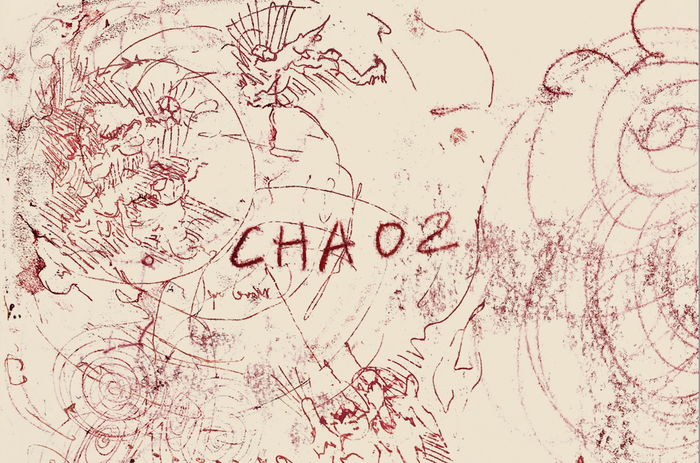Maths, beauty and God: a Partition review
Writer Jasmine Charles reviews Partition, this week’s thought-provoking Corpus mainshow

Partition is a story about mathematics, beauty, religion, and God. The plot might revolve around a mathematical problem, but this play is far more than a dialogue about theorems, chalkboards, and Cambridge traditions. It’s a discussion about what it means to prove something true, and an insight into personal faith.
“It was the lighting that made the production top tier”
Ira Hauptman based his script on the true story of the life of Srinivasa Ramanujan, a budding mathematician from India. After sending a notebook of mathematical equations to G. H. Hardy, the renowned English mathematician is stunned by his potential. One invitation and an awkward introduction later, Ramanujan arrives in Trinity College, Cambridge, and the pair set to work on mathematical problems together. Whilst both are brilliant in their own way, their approaches to mathematics don’t align. G.H. Hardy (Cian Morey) is stiff, obsessive, and a firm atheist; he only believes what can be proved. In this way, Ramanujan is his complete opposite. Religiously devout, he credits his mathematical knowledge to his Goddess Namagiri, who he believes writes equations in his dreams. Their clash of belief systems is not only an intellectual tension between genius mathematicians - it takes on a cultural and religious edge. We see Ramanujan confront the Western perceptions of India, the pronounced atheism of Hardy as well the uncomfortable style of western shoes. His discomfort in a hostile foreign land is movingly portrayed by Vinith Bhandari.
Ramanujan takes comfort in his Goddess Namagiri (Renuka Chintapalli). She appears on stage in an ambient pool of golden light, underscored by bells, wearing a bright green sari, tigli and bindi. Sound designer Sarah George and lighting designer George Jones did a stellar job, as did costume designer Brad Jones. Their contributions really brought the Goddess to life. It was the lighting that made the production top tier, used to cleverly distinguish the divine from the mortal world on stage.

The acting was likewise superb. A particularly stand-out performance came from Cian Morey. He effectively captured G H Hardy’s difficult mixture of petty pedanticism and wisdom. Bhandari’s Ramanujan was endearing and thoughtful, and a neat contrast to the pompous and cold nature Hardy. The portrayal of the French mathematician Pierre de Fermat by Charli Foreman was enlightening, engaging and funny. They added some levity to a heavily philosophical play.
“We see Ramanujan confront Western perceptions of India”
The set was immaculate (designed by Stephanie Cho): the geometric wallpaper, chalkboard, table, and bed were highly versatile. The self-importance and musty nature of academics is hard to portray, so Brad Jones’ choice of matching tweed suits and suspenders for the mathematicians was an important touch, and I especially loved Fermat’s eccentric ruff. Whilst the character dialogue was perfectly directed by Louise Dai and Rishi Sharma, the movement of the actors around stage sometimes felt awkward. Moreover, transitions in the first half were particularly long, but this improved as the performance went on, and could probably be attributed to first-night nerves.
Overall, it was a truly splendid and enjoyable performance. The production meditates beautifully on the relationship between faith, proof and maths. I’ll certainly never see Pythagoras’ theorem the same way again.
Partition plays at the Corpus Playroom at 7pm until Saturday 5th February 2022.
 News / Caius mourns its tree-mendous loss23 December 2025
News / Caius mourns its tree-mendous loss23 December 2025 News / Cambridge welcomes UK rejoining the Erasmus scheme20 December 2025
News / Cambridge welcomes UK rejoining the Erasmus scheme20 December 2025 News / CUP announces funding scheme for under-represented academics19 December 2025
News / CUP announces funding scheme for under-represented academics19 December 2025 News / King appoints Peterhouse chaplain to Westminster Abbey22 December 2025
News / King appoints Peterhouse chaplain to Westminster Abbey22 December 2025 Interviews / Politics, your own way: Tilly Middlehurst on speaking out21 December 2025
Interviews / Politics, your own way: Tilly Middlehurst on speaking out21 December 2025








